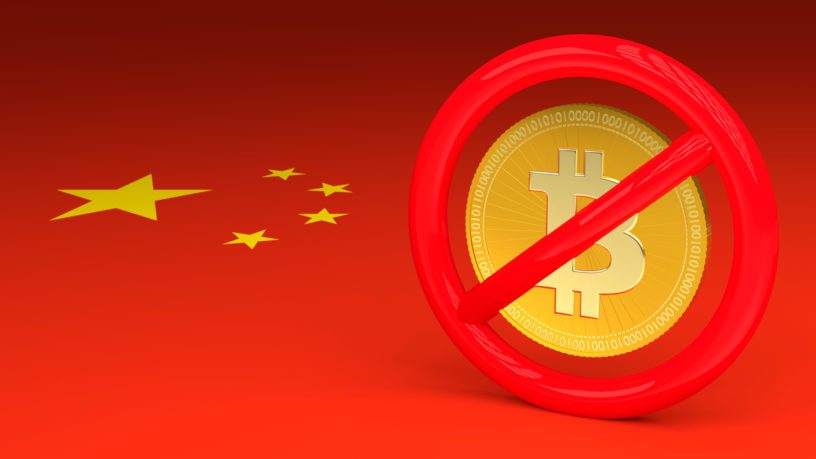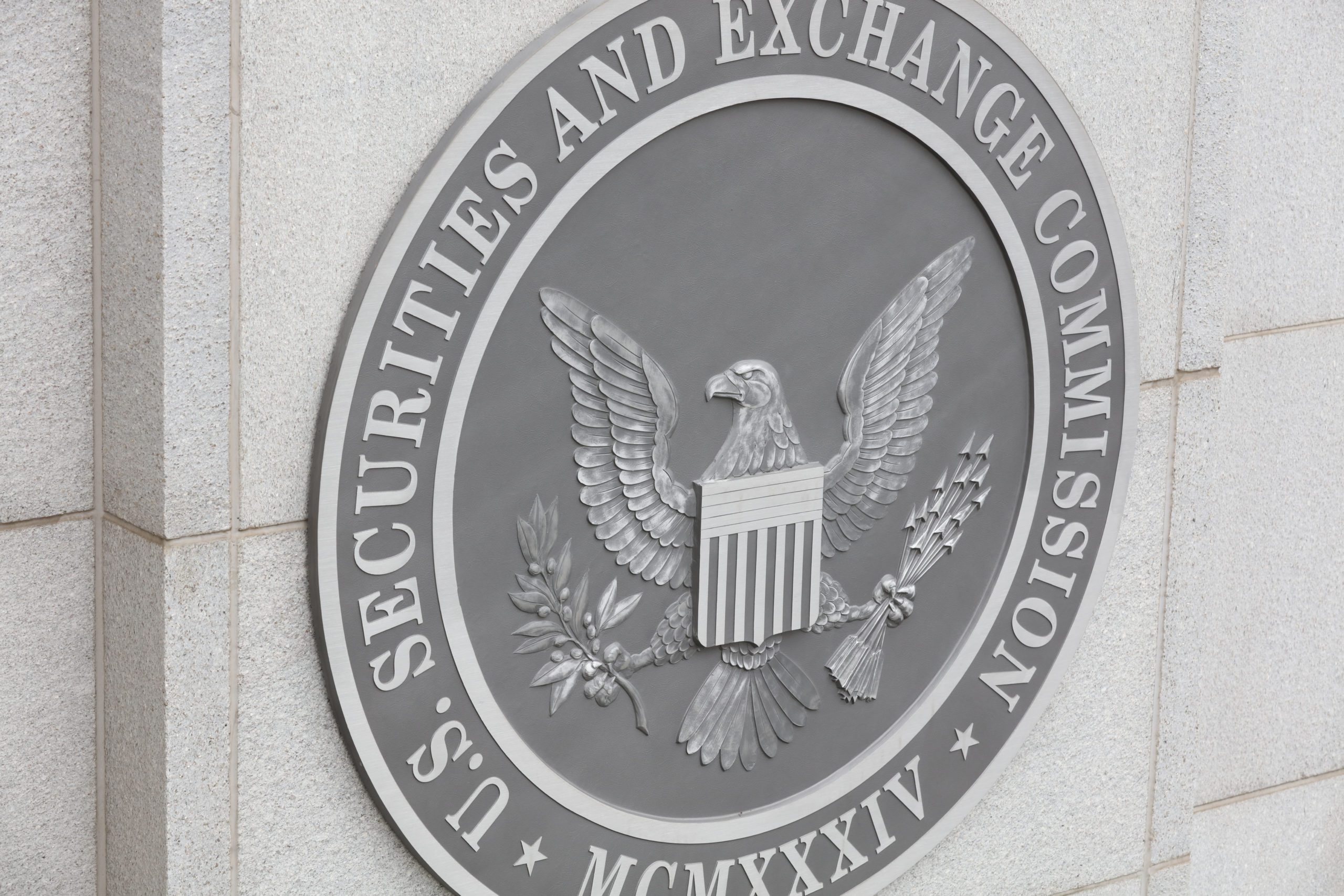By Vish Gain for AML Intelligence
MORE THAN 1,100 people have been arrested in China for laundering money in the form of cryptocurrencies from the proceeds of various scams in a recent crackdown, according to the Ministry of Public Security.
Proceeds from telephone and internet scams were being laundered into virtual currencies via crypto exchange services, and the launderers charged criminal clients between 1.5% to 5% as commission. The public security ministry said that by Wednesday afternoon police had busted more than 170 criminal groups involved in these activities.
The announcement was made by the ministry’s official Wechat account and reported on by Reuters.
This comes at a time when China has been cracking down on all forms of crypto mining and trading. Three industry bodies banned crypto payment services last month as the country’s cabinet voiced its intention to intensify the crackdown on Bitcoin.
The number of crimes related to cryptocurrencies is on a sharp rise in China because of their anonymity, convenience and global nature, according to the Payment and Clearing Association.
“[Cryptocurrencies] have increasingly become an important channel for cross-border money laundering,” the body said in a statement Wednesday.
Especially in the large gambling industry, illegal under Chinese law, crypto has fast become a popular means of payment to avoid government tracking. The association estimates that nearly 13% of gambling sites support the use of virtual currencies, with blockchain technology making it harder for authorities to track the money.
Last weekend, China stepped up its crackdown on bitcoin trading and mining, blocking a slew of cryptocurrency-related accounts on the Twitter-like Weibo platform. Access to several widely followed crypto-related Weibo accounts was denied, with a message saying each account “violates laws and rules”.
“It’s a Judgment Day for crypto KOL,” wrote a Weibo bitcoin commentator, who calls herself “Woman Dr. bitcoin mini”. Her main account was also blocked on Saturday.
“The government makes it clear that no Chinese version of Elon Musk can exist in the Chinese crypto market,” NYU law school adjunct professor Winston Ma told the Guardian.
Meanwhile, China’s central bank is reportedly accelerating the testing of its own official digital currency.
Share:








